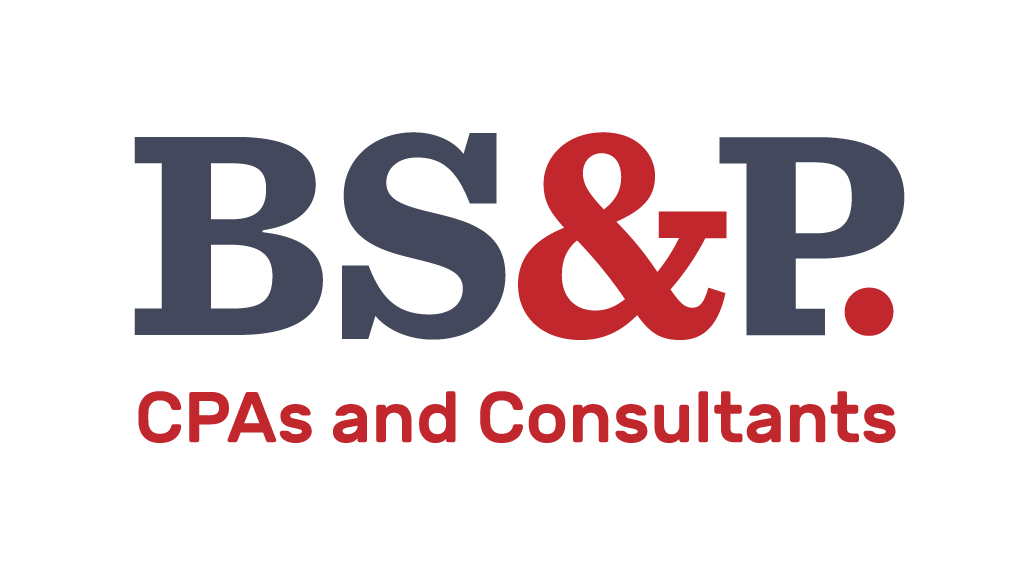Sometimes, it can be challenging to determine whether an activity constitutes a business or a hobby in the eyes of the IRS. This article discusses distinguishing factors between hobbies and businesses and applicable IRS rules to be aware of.
How do I determine if my activity is a business or a hobby?
It is not always clear whether an activity is a business or a hobby. The IRS has a variety of factors to aid in distinguishing between a hobby and a business. Here are some key points to consider:
- An activity should be conducted businesslike and maintain a complete set of books and records to be considered a business. Other factors to look at include (1) the regularity of activities and transactions, (2) the production of income, and (3) ongoing efforts to further the interests of the business.
- If the taxpayer changes methods of operation to improve profits, this favors the activity being classified as a business. Examples include advertising, securing necessary products, and seeking suppliers.
- If the taxpayer and their team have expertise in the activity, this supports trade or business classification. Expertise can be determined by looking at whether studies of business, economic, and scientific practices of the activity have been conducted or whether the taxpayer follows the advice of experts and accepted business practices.
- For an activity to be considered a business, there should be an overall profit motive. The taxpayer should seek to make profits that serve as a primary source of income.
- If an activity has personal pleasure or recreation elements, it may be considered a hobby.
- If a taxpayer invests substantial time in the activity, this contributes favorably to trade or business classification.
The IRS Safe Harbor Rule
If you are still wondering whether your activity is a hobby or a business, remember the IRS Safe Harbor rule. For most activities, if profit is generated in at least three out of five back-to-back years, then the activity is considered by law to be a business unless the IRS establishes explicitly otherwise. The Safe Harbor rule is not a guarantee. If your activity did not generate profits for three consecutive years, you will need to look at the other factors discussed above to help determine your hobby and business.
Why is it important to determine if my activity is a business or a hobby?
Distinguishing between hobby and business is crucial for your income tax filing. The classification determines which taxes are applicable, as well as which deductions can be taken.
As of tax year 2023, hobby income is taxable, but hobby expenses are not deductible. Before the 2017 Tax Cuts and Jobs Act, hobby expenses were deductible up to hobby income. A hobby activity is also not subject to the self-employment tax, unlike a business activity.
Conclusion
Determining whether an activity is a business or a hobby can be challenging, but selecting the correct impact on your tax return is paramount. It is essential to consult a tax advisor and give them detailed information about your activities so they can guide you to the proper determination.
If you have questions or concerns about the above topics, consult your tax advisor.
Written by Senior Accountant, Katie Kriner
